EU sources: Nicosia, Hague "spoil" Brussels' SAA plans
Belgrade is not the main culprit for a possible delay in signing the SAA, a report suggests.
Friday, 11.01.2008.
09:15

Belgrade is not the main culprit for a possible delay in signing the SAA, a report suggests. The European Union's plans to on Jan. 28 sign the Stabilization and Association Agreement (SAA) with Serbia and take a decision on sending its mission to Kosovo have not been spoiled by signals from Belgrade, but by disunity inside the EU, European diplomatic source told Tanjug news agency in Brussels Thursday. EU sources: Nicosia, Hague "spoil" Brussels' SAA plans The chief opponent to signing the SAA with Serbia is still the Netherlands, a country that demands that Ratko Mladic be extradited first, as confirmed by Dutch Foreign Minister Maxim Verhagen. His Belgian counterpart Karel De Gucht told Foreign Minister Vuk Jeremic in Brussels earlier this week that the Belgian position on the issue "remains unchanged," which means that his country was still dissatisfied with the degree of Belgrade's cooperation with the Hague Tribunal. The majority position in the EU is that the SAA ought to be signed by the end of January, but both the EU foreign policy chief Javier Solana, and European Enlargement Commissioner Olli Rehn have confirmed to Jeremic that there was "still no consensus on that within the EU." According to diplomatic sources in Brussels, a consensus could be reached only at the last minute, at the EU Council of Ministers itself on January 28. That depends to a large degree on the position of the new Chief Hague Prosecutor Serge Brammertz, who is to assess whether Serbia is really doing everything to arrest the remaining indictees, but also on the success of Brammertz's efforts, after his visit to Belgrade, to convince Verhagen and De Gucht. The chance that a decision to send an EU mission to Kosovo on Jan. 28 are still slimmer, the sources said. One of the "tactical reasons" for this might be an attempt not to influence the presidential elections in Serbia, they added. However, the fact remains that inside the EU itself there is still no unity on this issue, the sources concluded.
EU sources: Nicosia, Hague "spoil" Brussels' SAA plans
The chief opponent to signing the SAA with Serbia is still the Netherlands, a country that demands that Ratko Mladić be extradited first, as confirmed by Dutch Foreign Minister Maxim Verhagen.His Belgian counterpart Karel De Gucht told Foreign Minister Vuk Jeremić in Brussels earlier this week that the Belgian position on the issue "remains unchanged," which means that his country was still dissatisfied with the degree of Belgrade's cooperation with the Hague Tribunal.
The majority position in the EU is that the SAA ought to be signed by the end of January, but both the EU foreign policy chief Javier Solana, and European Enlargement Commissioner Olli Rehn have confirmed to Jeremić that there was "still no consensus on that within the EU."
According to diplomatic sources in Brussels, a consensus could be reached only at the last minute, at the EU Council of Ministers itself on January 28.
That depends to a large degree on the position of the new Chief Hague Prosecutor Serge Brammertz, who is to assess whether Serbia is really doing everything to arrest the remaining indictees, but also on the success of Brammertz's efforts, after his visit to Belgrade, to convince Verhagen and De Gucht.
The chance that a decision to send an EU mission to Kosovo on Jan. 28 are still slimmer, the sources said.
One of the "tactical reasons" for this might be an attempt not to influence the presidential elections in Serbia, they added. However, the fact remains that inside the EU itself there is still no unity on this issue, the sources concluded.













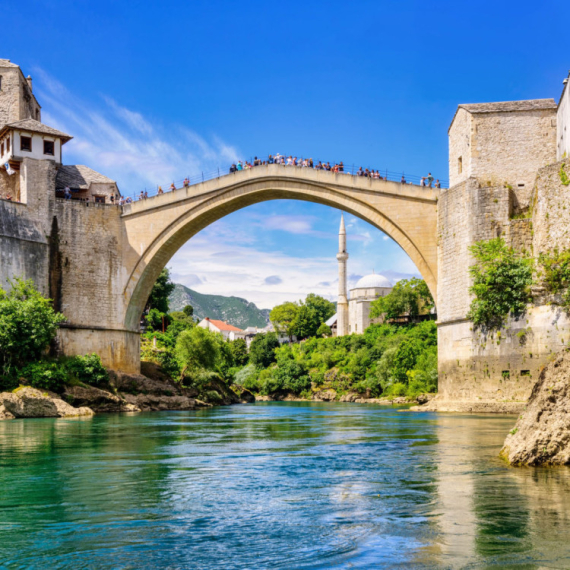
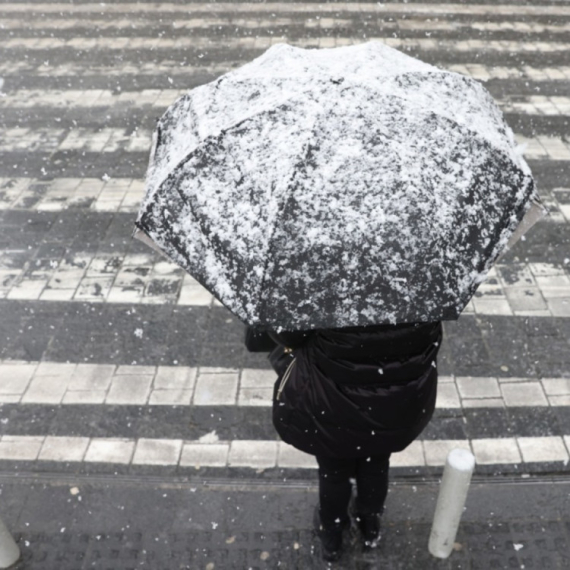










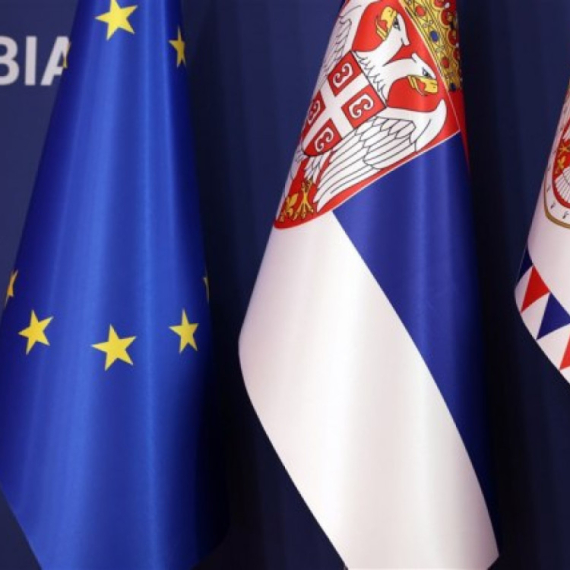
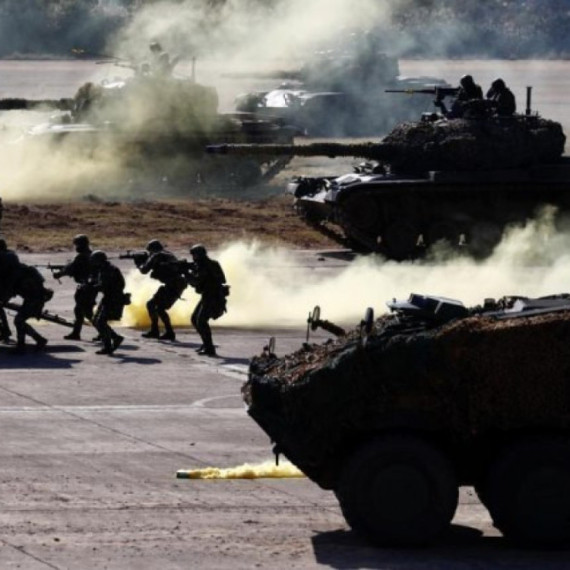
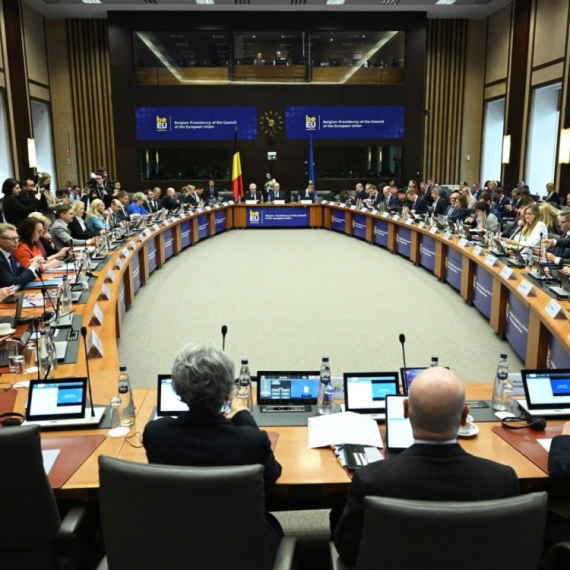
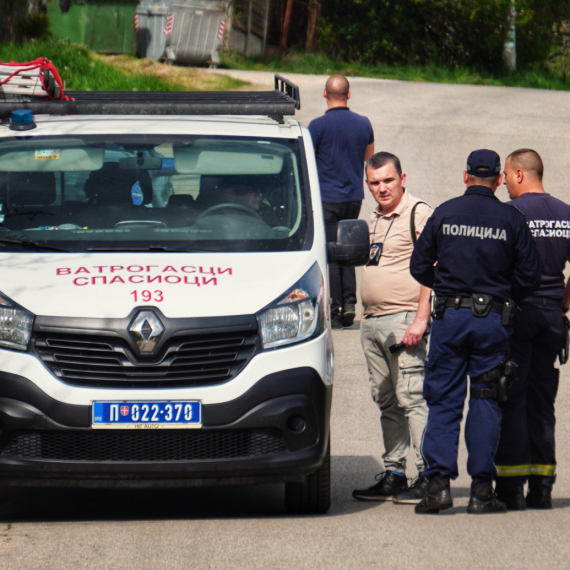
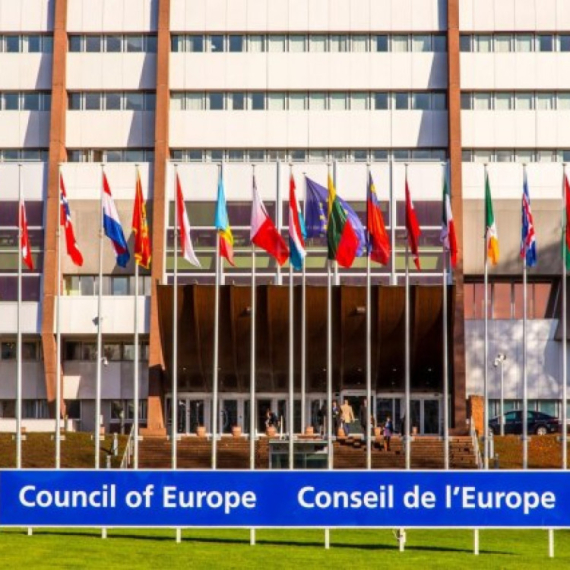

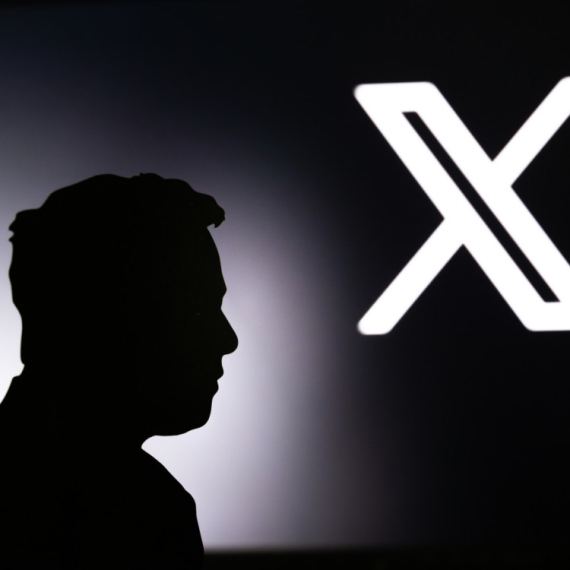



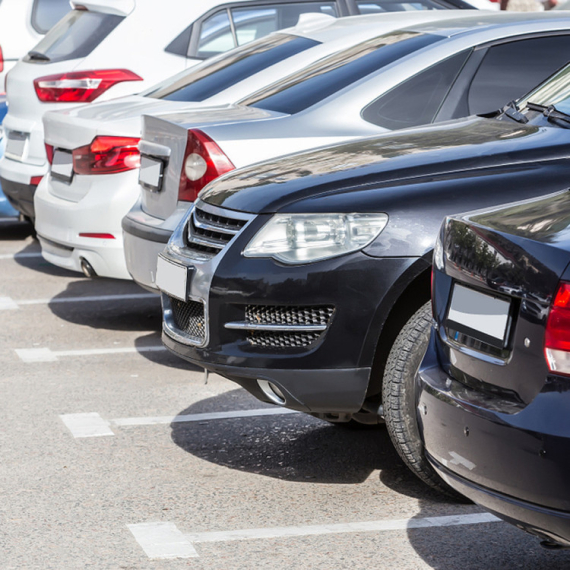


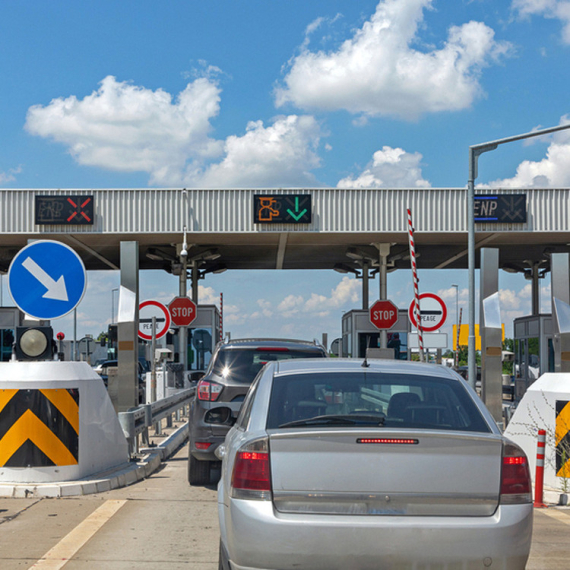
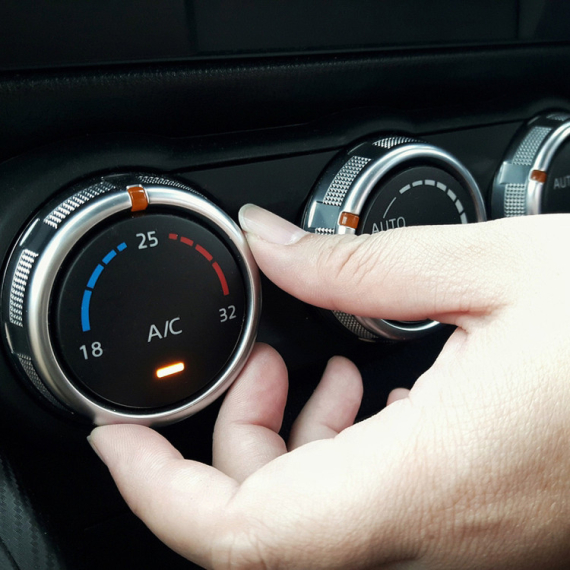






Komentari 7
Pogledaj komentare